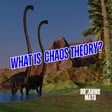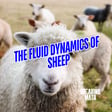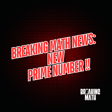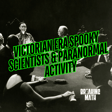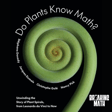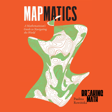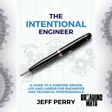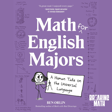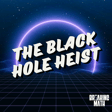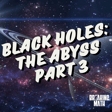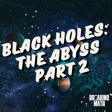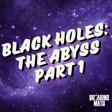
Math in Drag: Interview with OnlineKyne (Part 2)
This episode is an interview with OnlineKyne, the author of the book Math in Drag. The conversation focuses on how to be an effective online educator and covers various topics in mathematics, including Cantor's infinite sets, probability, and statistics. The interview also delves into the process of writing the book and highlights the connection between math and drag. The chapters in the conversation cover the journey of a content creator, tips for science content creators, the concept of infinity, the significance of celebrity numbers, game theory, probability, statistics, and the ethical implications of math and drag.
Takeaways
- Being an effective online educator involves distilling complex concepts into concise and valuable content.
- Math and drag share similarities in breaking rules and defying authority.
- Mathematics has a rich history and is influenced by various cultures and individuals.
- Statistics can be used to manipulate and deceive, so it is important to be critical of data and its interpretation.
Chapters
00:00 Introduction
00:54 Journey as a Content Creator
03:50 Tips and Tricks for Science Content Creators
04:15 Writing the Book
05:12 Math and Drag
06:40 Infinite Possibilities
07:35 Celebrity Numbers
08:59 How to Cut a Cake and Eat It
09:57 Luck Be a Ladyboy
12:44 Illegal Math
16:02 The Average Queen
25:03 Math and Drag Breaking the Rules
27:22 Conclusion
Subscribe to Breaking Math wherever you get your podcasts.
Become a patron of Breaking Math for as little as a buck a month
Follow Breaking Math on Twitter, Instagram, LinkedIn, Website
Follow Autumn on Twitter and Instagram
Folllow Gabe on Twitter.
email: [email protected]

